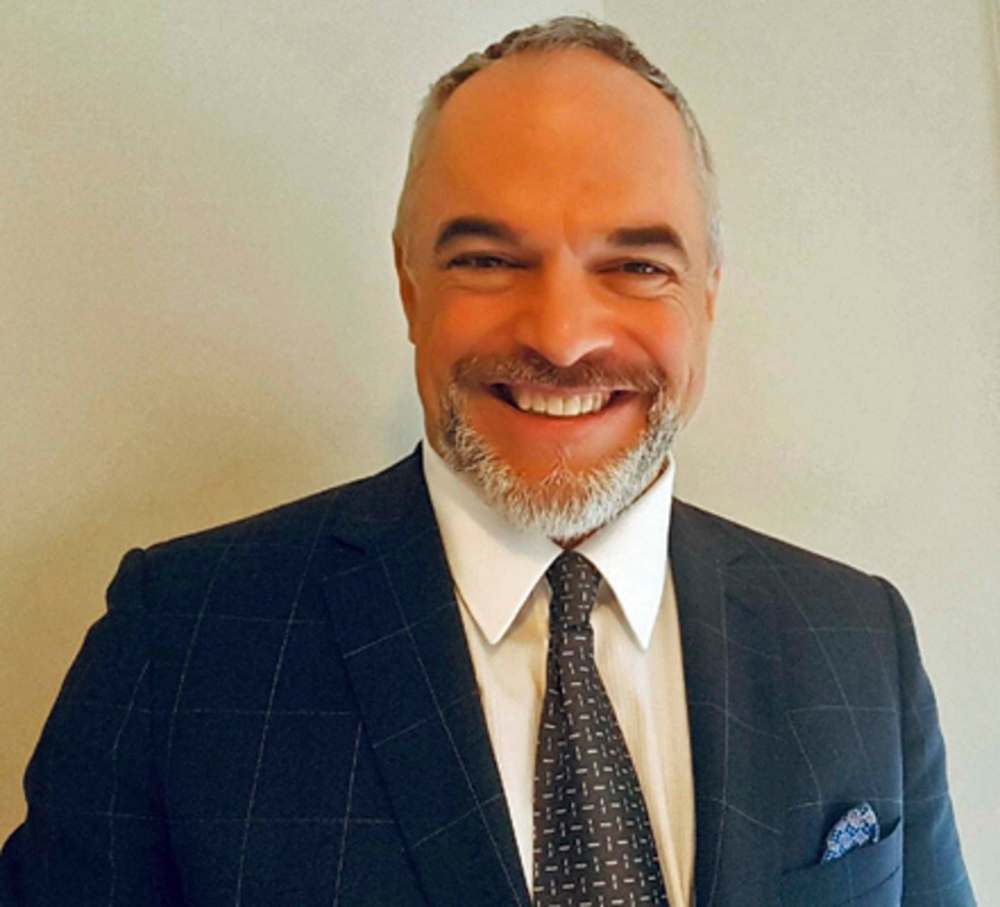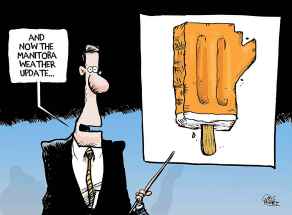Advocates rally to eliminate tax on medical marijuana in Canada
Read this article for free:
or
Already have an account? Log in here »
To continue reading, please subscribe:
Monthly Digital Subscription
$0 for the first 4 weeks*
- Enjoy unlimited reading on winnipegfreepress.com
- Read the E-Edition, our digital replica newspaper
- Access News Break, our award-winning app
- Play interactive puzzles
*No charge for 4 weeks then price increases to the regular rate of $19.00 plus GST every four weeks. Offer available to new and qualified returning subscribers only. Cancel any time.
Monthly Digital Subscription
$4.75/week*
- Enjoy unlimited reading on winnipegfreepress.com
- Read the E-Edition, our digital replica newspaper
- Access News Break, our award-winning app
- Play interactive puzzles
*Billed as $19 plus GST every four weeks. Cancel any time.
To continue reading, please subscribe:
Add Free Press access to your Brandon Sun subscription for only an additional
$1 for the first 4 weeks*
*Your next subscription payment will increase by $1.00 and you will be charged $16.99 plus GST for four weeks. After four weeks, your payment will increase to $23.99 plus GST every four weeks.
Read unlimited articles for free today:
or
Already have an account? Log in here »
Hey there, time traveller!
This article was published 07/02/2019 (2498 days ago), so information in it may no longer be current.
After three decades as a first responder, retired police officer Vincent Lefaive relies on cannabis to treat the symptoms of post-traumatic stress disorder.
“I found relief practically immediately,” says the former patrol sergeant with the Durham Regional Police Service, who was diagnosed with PTSD in 2016. Lefaive uses vaporized cannabis every four hours, “much like any other medication.”
“It keeps the intrusive thoughts and the anxiety down to a very minimum.”

Lefaive can only afford about one-third of the cannabis his doctor authorizes him to use. Part of the problem, he says, is taxation that drives up the cost of his medicine of choice.
More than 479,000 people are using cannabis for medical purposes with medical documentation, according to Statistics Canada estimates released Thursday. (Health Canada reported 342,103 medical cannabis registrations as of September 2018.)
Medical cannabis is taxed the same as weed for recreational purposes. Licensed cannabis producers must pay Ottawa’s cannabis excise tax before shipping product to consumers, medical or otherwise. Provincial and federal sales taxes are layered on top.
“It’s an expensive medicine that’s being taxed, now, twice,” Lefaive says from his home in Whitby, Ont. “And that’s ridiculous, where an already vulnerable segment of the patient community is essentially being victimized again.”
Lefaive speaks on behalf of Canadians for Fair Access to Medical Marijuana, a national non-profit group redoubling its call for the federal government to remove all taxes from medical marijuana. CFAMM argues taxing medical cannabis is unfair because prescription pharmaceuticals aren’t taxed.
“The tax on top, for me, is a really big insult,” says CFAMM vice-president Gerald Major, who uses cannabis to manage the painful symptoms of ankylosing spondylitis and psoriatic arthritis. After nine surgeries in nine years, Major says cannabis helps him reduce his prescription opioid intake.
CFAMM hopes to pressure the Liberal government into eliminating taxes on medical marijuana in the next federal budget, which is expected the week of March 18. The group is redoubling its “Don’t Tax Medicine” letter-writing and social media campaign, and plans full-page ads in Canadian newspapers.
‘It’s an expensive medicine that’s being taxed, now, twice.’ – Vincent Lefaive, retired police officer
“Cannabis is a medicine,” says Major, who lives in Oakville, Ont. “In Canada, we don’t tax medicine.”
Asked why medical and recreational marijuana are taxed at the same rate, the federal finance department says its policy is to offer tax relief only on “drugs prescribed by a medical practitioner and dispensed by a pharmacist.”
(Although medical cannabis is regulated by Health Canada, it lacks the official drug identification number assigned to prescription pharmaceuticals.)
“The long-standing position of the Canada Revenue Agency, which has been upheld by the courts, is that medical cannabis is not acquired pursuant to a prescription, therefore sales are taxable,” a department of finance official wrote in a statement.
The official also noted registered medical cannabis users may claim a limited amount of cannabis expenses as a tax credit, the cannabis excise tax isn’t applied to products with little to no psychoactive THC, and certain cannabis-derived pharmaceuticals with a DIN are tax-exempt.
Past comments made by Liberal MP Bill Blair, now the minister responsible for cannabis legalization, also shed light on Ottawa’s motivation for taxing medical cannabis. In November 2017, Blair told the Globe and Mail his government wanted to align recreational and medical cannabis taxes to avoid creating “an incentive for people to utilize that system inappropriately.”

In other words, the government fears cannabis users might register as medical cannabis patients to avoid paying taxes. That scenario seems unlikely to Ashleigh Brown, a Winnipeg woman who uses cannabis to treat seizures.
“Access is not easy, and having the conversation with your doctor, or finding someone to prescribe, is already very challenging,” says Brown, who founded a 2,700-member Facebook group called SheCann to help women navigate Canada’s complex medical cannabis regime.
Brown turned to medical cannabis in 2016 to help control her seizures.
“Pharmaceuticals were helping, but they were not giving me the seizure control, and my quality of life was very compromised,” she says.
Before switching to cannabis-derived CBD oil, Brown had as many as 180 seizures a month. Now she has between six and 12, but thinks she could reduce that further if she could afford a higher dose of the costly oil. In 2017, Brown says she spent $6,000 of her $18,000 in federal disability benefit payments on medical cannabis.
“It’s punitive to be charging tax on something that is the only thing that has worked for me, and for so many others.”
solomon.israel@theleafnews.com
Twitter: @sol_israel








